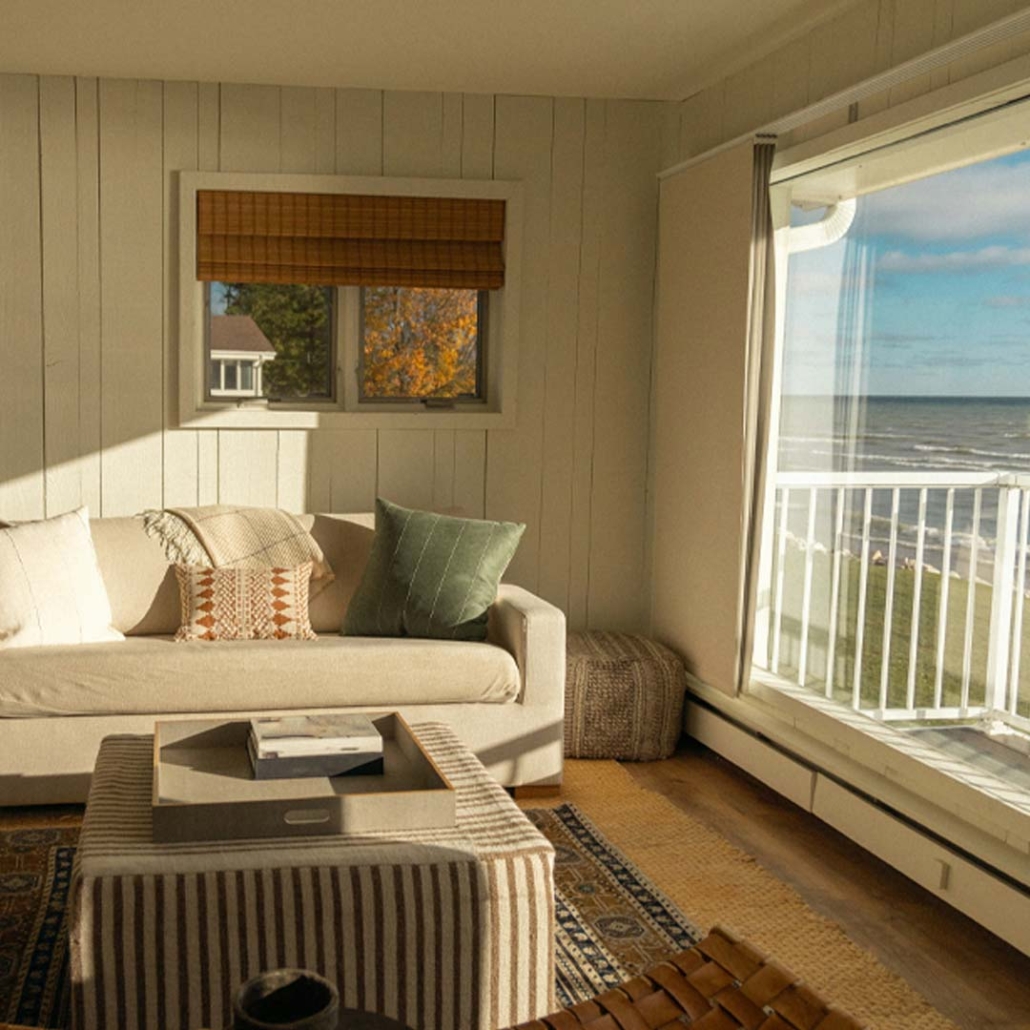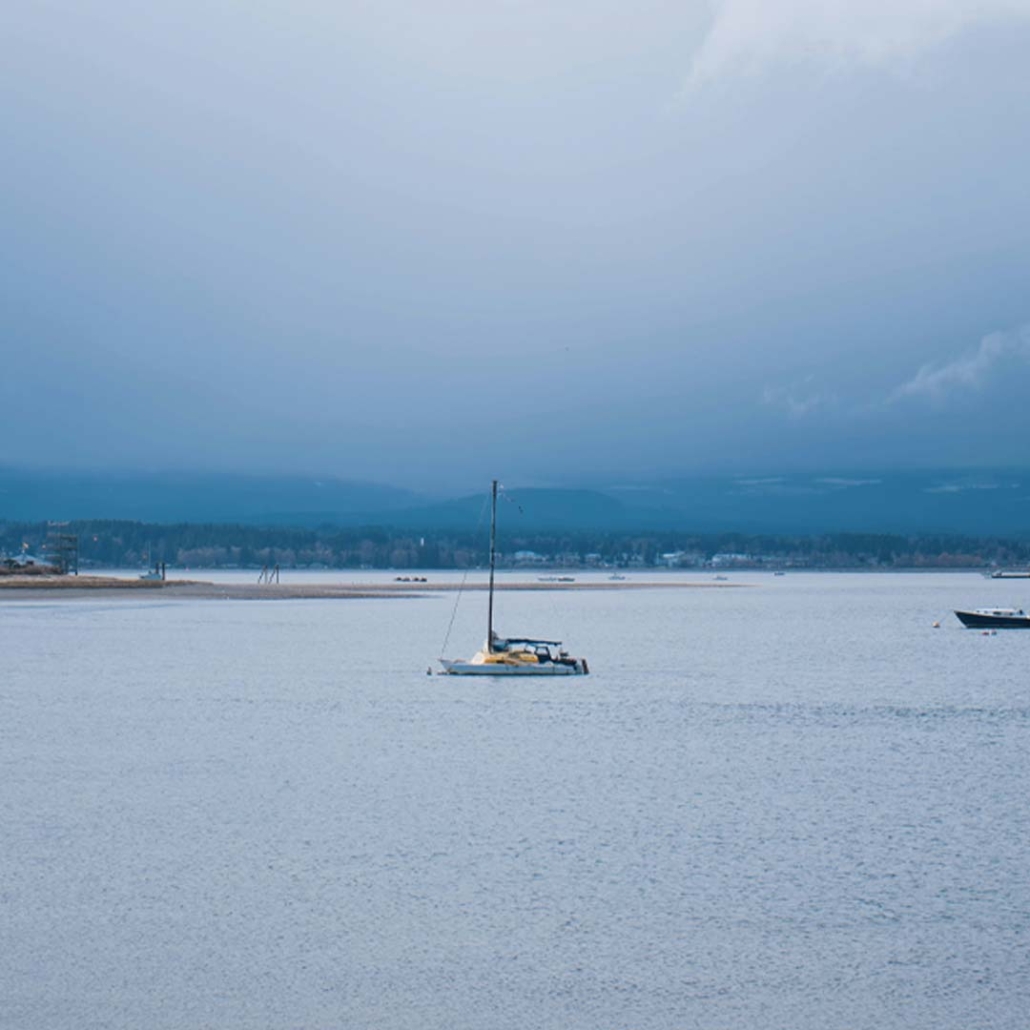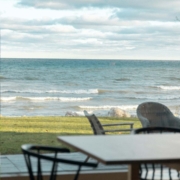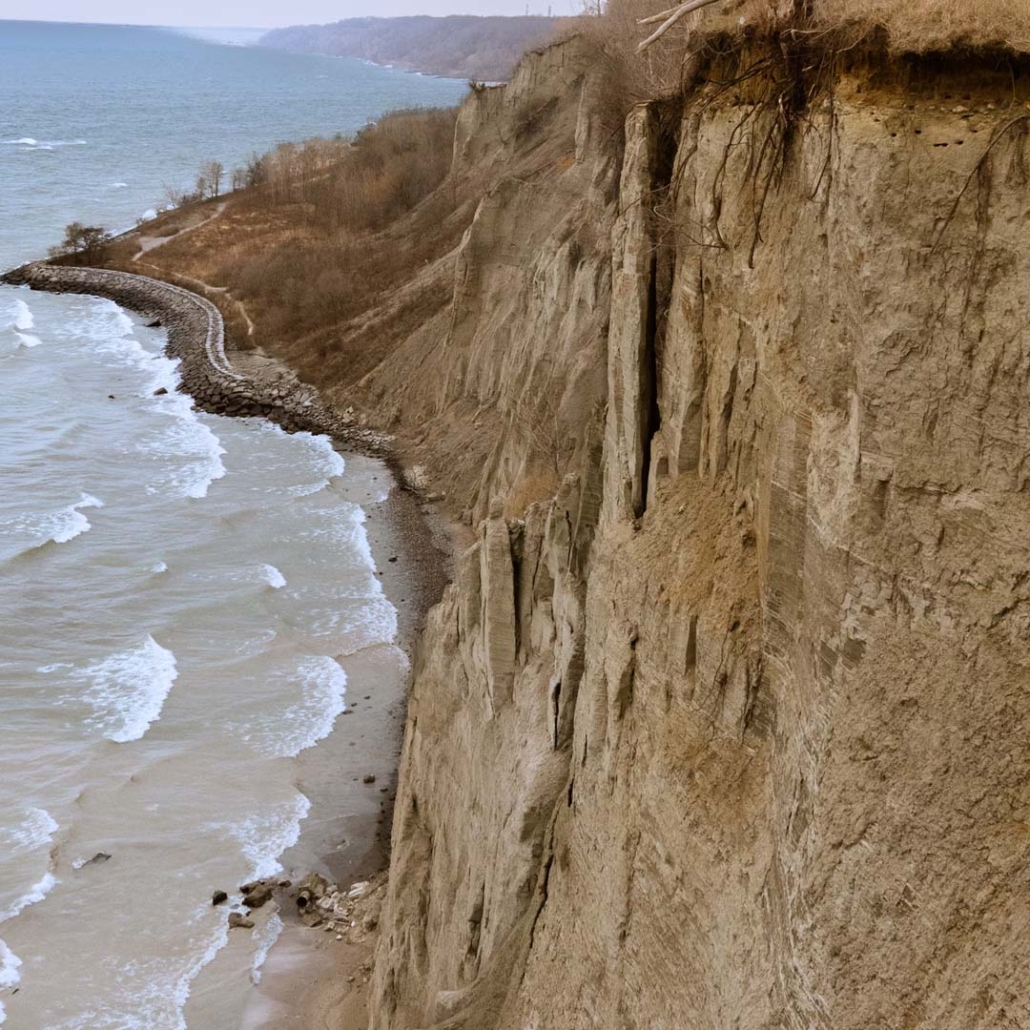Step-by-Step Guide to Buying Waterfront Homes for Sale in Comox BC
Buying waterfront homes for sale in Comox BC is a lifestyle decision as much as it is a real estate transaction. The Comox Valley offers ocean views, mountain backdrops, and quiet neighbourhoods. But not every waterfront property is the same, and neither are the needs of the people buying them. Whether you’re drawn by the scenery or outdoor access, buying smart means looking beyond the view. From zoning laws to flood risks, there are important steps to consider. This guide walks you through the process so you can find the right fit and make a confident move into your dream waterfront home in Comox, BC.
Understanding the Waterfront Lifestyle

Before you start looking into property listings, get clear on what you want from a waterfront lifestyle. Are you picturing a cabin away from the city or a modern home with easy access to shops and services? Do you need space for guests or family? Waterfront living can mean very different things depending on your priorities.
Comox offers everything from homes close to downtown amenities to secluded properties where nature takes the lead. For some buyers, having a private dock is non-negotiable. Others want biking trails or golf courses nearby. Urban convenience means quicker access to services, while rural locations offer more privacy. Think about how often you plan to visit the property, what kind of maintenance you’re prepared for, and what your daily routine might look like. Waterfront homes can be dream properties, but only if the setting matches your lifestyle.
Waterfront Homes for Sale in Comox BC Need to be Inspected
Once you’ve defined your goals, you can start to study the market. Comox is a desirable area, and demand for waterfront homes can drive prices up. Average prices may vary widely depending on the location, proximity to town, and the type of shoreline access. It’s helpful to work with a local real estate expert who knows what neighbourhoods are trending and where value can still be found.
The next step would be to carefully assess the condition of the property. A beautiful view can mask a host of problems. Salt air, moisture, and weather exposure can accelerate wear and tear. So, you’ll need to be on the lookout for signs of water damage, rot, or erosion near the shore. Getting a full inspection by a professional is often the best course of action to ensure all is in working order. Your inspector should check the shoreline and any outbuildings in addition to the main residence.
Legal and zoning issues are another consideration. You’ll want to check whether you’re allowed to build or renovate. Some properties may be under environmental protection rules that limit what you can do. Others may have covenants restricting the addition of docks, guest suites, or detached garages. These aren’t things you want to discover after the deal is done, so make sure you do your homework.
Planning for Long-Term Needs

One of the most important, and most overlooked, parts of buying a waterfront home is evaluating long-term safety and affordability. With any property close to the water, you need to understand the risks. Rising sea levels, flooding, erosion, and windstorms can all cause serious damage. Knowing if the property has proper drainage systems in place, a reinforced shoreline, and understanding what kind of insurance you will need are all critical items.
Moreover, you need to think about infrastructure. In some parts of the Comox Valley, properties are on municipal water and sewer lines. In others, you may be dealing with wells and septic systems. Make sure you know what systems are in place and if they’ve been well-maintained. These things can impact your budget and comfort over time.
Speaking of budget, make room for more than just the purchase price. Waterfront properties often come with higher property taxes. Add in insurance for water-related damage and increased maintenance from salt and moisture exposure, and your long-term costs can grow quickly.
Contact us About Buying Waterfront Homes for Sale in Comox BC!
Owning a waterfront home in Comox BC is an incredible opportunity. But making the right move starts with good planning, the right experts, and a little patience. There’s nothing quite like waking up to the ocean breeze and having nature right outside your door!
If you’re ready to explore homes for sale in Comox BC, now is the time to take the first step. Start with a clear idea of what you want, do your research, and surround yourself with a team that understands the local market. With the right approach, you’ll be living on the water in no time! Be sure to check out our social media for the latest updates and contact us with any questions about the buying process. We look forward to working with you!
Frequently Asked Questions About Buying Waterfront Homes in Comox BC
Is waterfront property in Comox BC a good investment?
Yes—due to high demand and limited availability, waterfront homes in Comox tend to hold their value and attract both lifestyle buyers and long-term investors.
Do waterfront homes in Comox require special insurance?
Yes. Depending on location, buyers may need flood insurance, windstorm coverage, or additional policies due to increased exposure.









